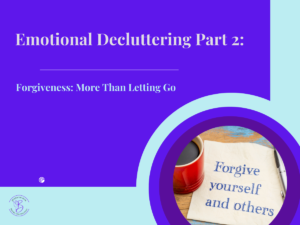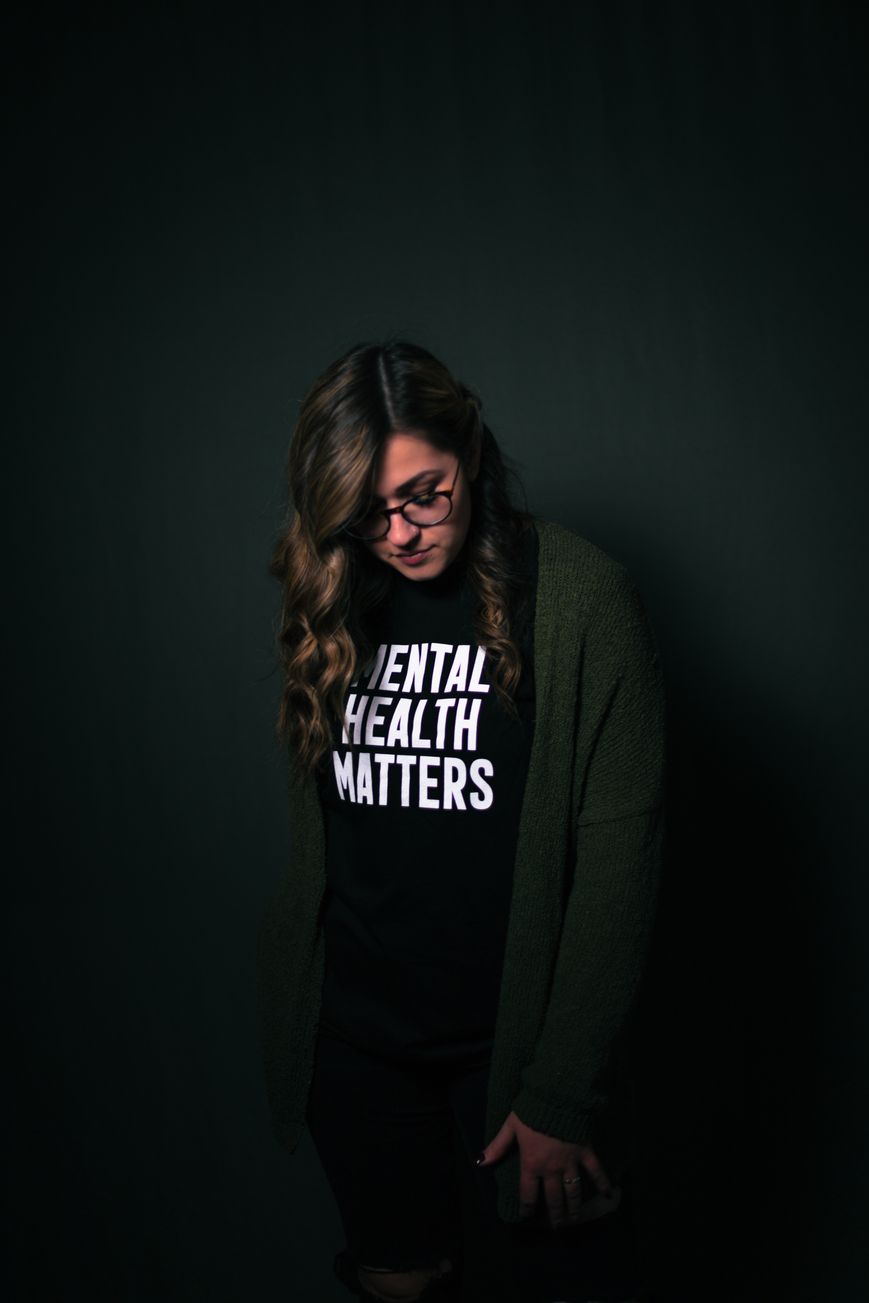Trauma Therapy
Overcoming Traumatic Experiences with Therapy
Trauma
AND THEN THERE WAS TRAUMA…
Causes of trauma include but are not limited to natural disasters, war, rape, accidents, relocation, death, divorce, infertility, (domestic) violence, chronic injury and/or illness, and witnessing any of the aforementioned. While there are other causes, these listed are common and often experienced.
Many people think if they did not experience a “major” traumatic event they have not experienced trauma. Trauma is often relegated as just a “circumstance in life”. As a result, it goes untreated and unresolved. Some trauma is experienced, and some trauma is perceived.
Trauma, whether it is a single episode, multiple episodes or repetitive events affects individuals differently. Shock, anger, denial, disbelief, confusion, difficulty concentrating, irritability, mood swings, anxiety, fear, guilt, shame, feeling sad or helpless, hopelessness and lack of focus are common symptoms of trauma. While individuals feel the symptoms of trauma cannot be diminished, trauma can be treated effectively with psychotherapy.
Eye Movement Desensitization and Reprocessing (EMDR) is an effective treatment for Trauma and PTSD. EMDR is used to treat other Mental Health concerns as well. There are many effective treatments for Trauma.
At Beyond the mask, therapists may use Brainspotting therapy that says, “where you look affects how you feel”. Brainspotting locates points in the client’s visual field that help to access unprocessed trauma in the subcortical brain”, Cognitive Behavior Therapy (CBT) and/or EMDR to support clients on their journey toward healing their trauma.
There are various types of trauma.
There is a big “T” trauma and Little “t” trauma. Everyone who experiences a stressful event will not develop a trauma diagnosis. Some individuals will experience short-term symptoms and others will have more long-term effects of the traumatic event.
With the appropriate treatment, people can identify, acknowledge and address the root of the trauma and learn effective and constructive ways to manage and treat their symptoms.
Whether you have experienced a big “T” or a little “t” trauma, therapists will develop an individual’s treatment plan according to the goals you determine for your therapy and healing journey.
Your trauma experience does not have to overwhelm you. You can overcome it with the right treatment. So, what are you waiting for, healing is available to you! Contact the office for your free 15 minute consultation.
Also, check out other therapies that may be helpful to you if you are suffering from trauma.
Related Blog Post

Emotional Decluttering Part 2: FORGIVENESS – More Than Letting Go
This week we are addressing the power of forgiveness and the impact it has on your life. Forgiveness is another area to address in emotional decluttering. Let’s talk about it. Forgiveness is powerful and has the propensity to impact your everyday life. Research indicates forgiveness impacts mental health and physical health outcomes. According to research,…

